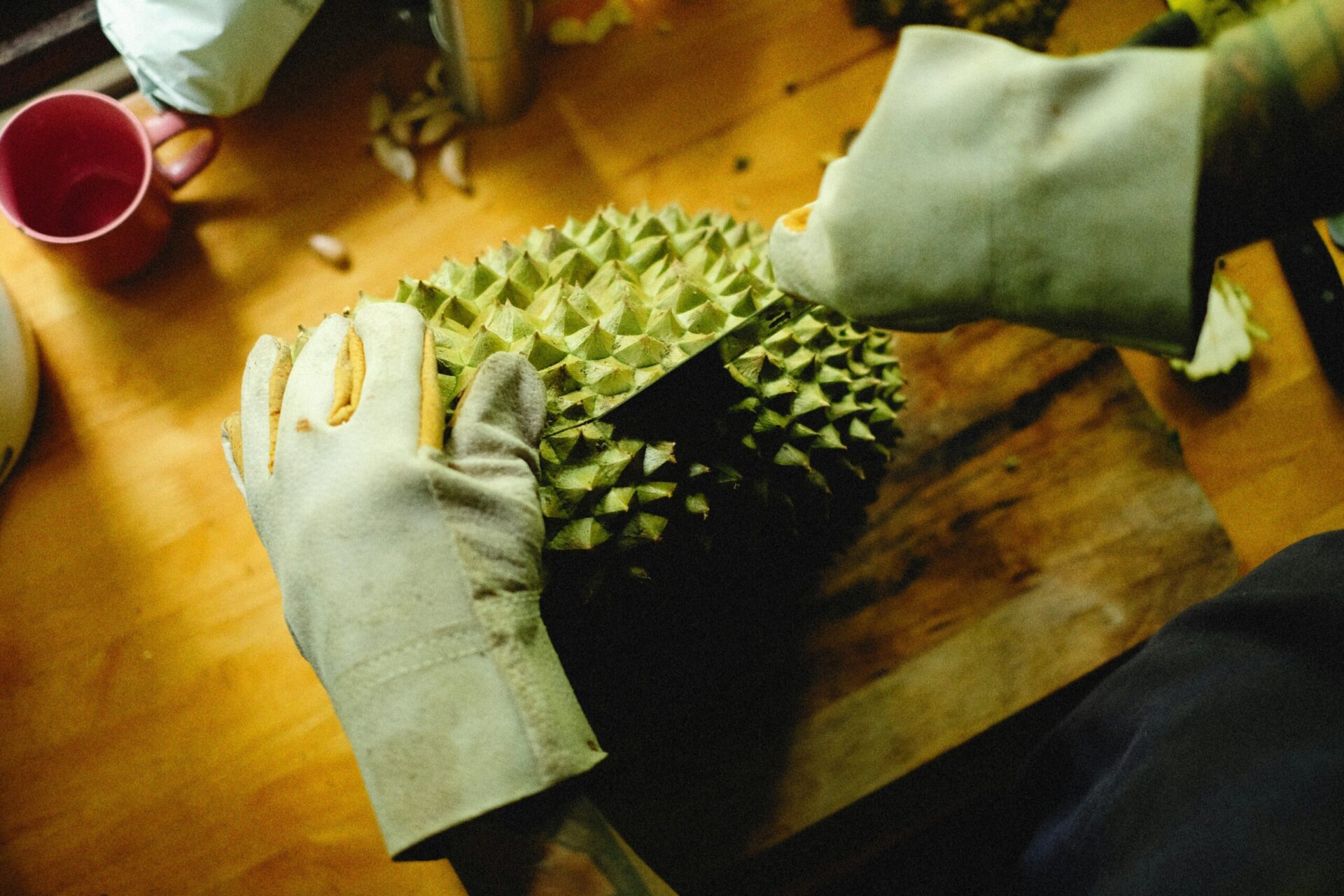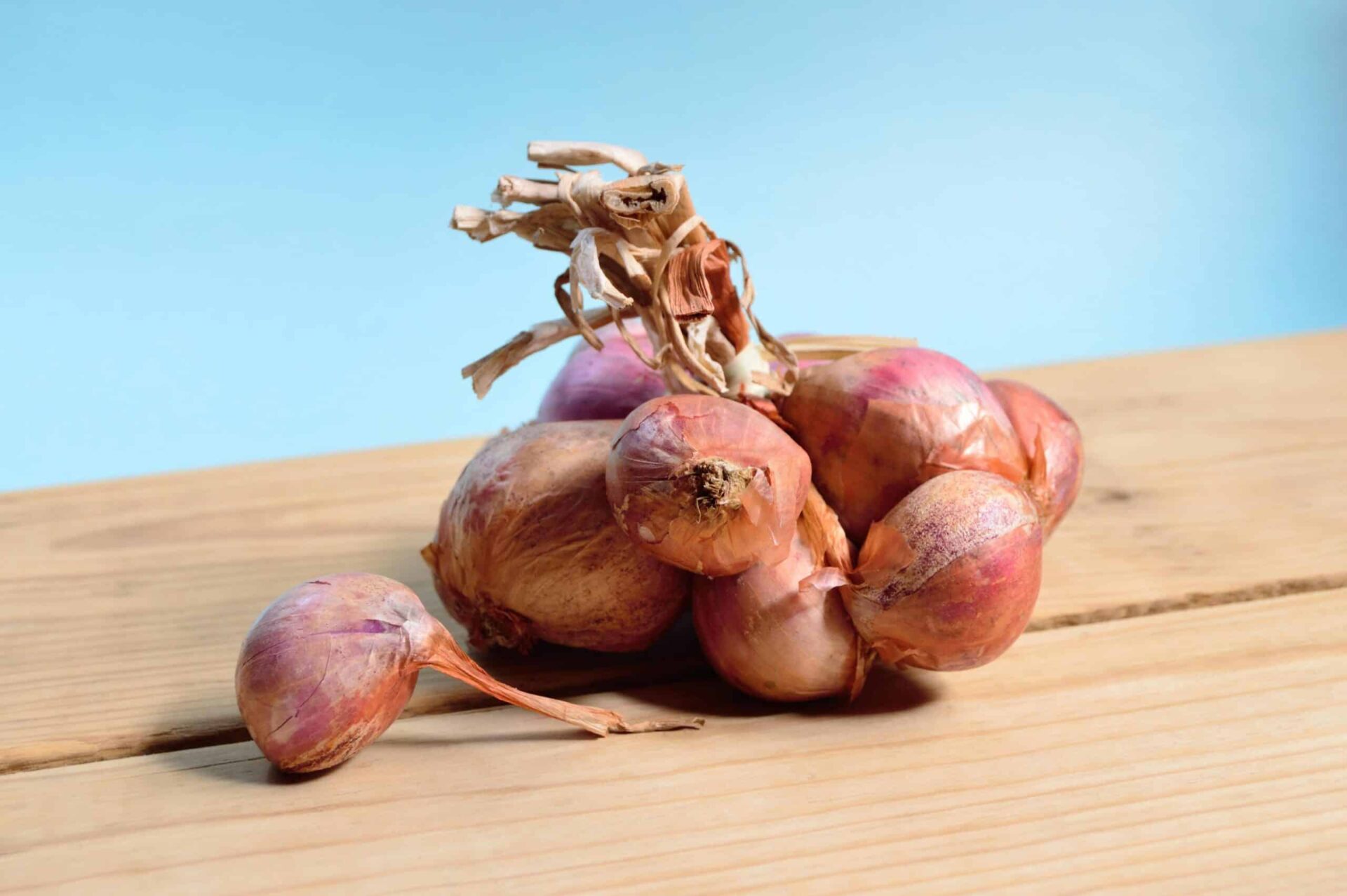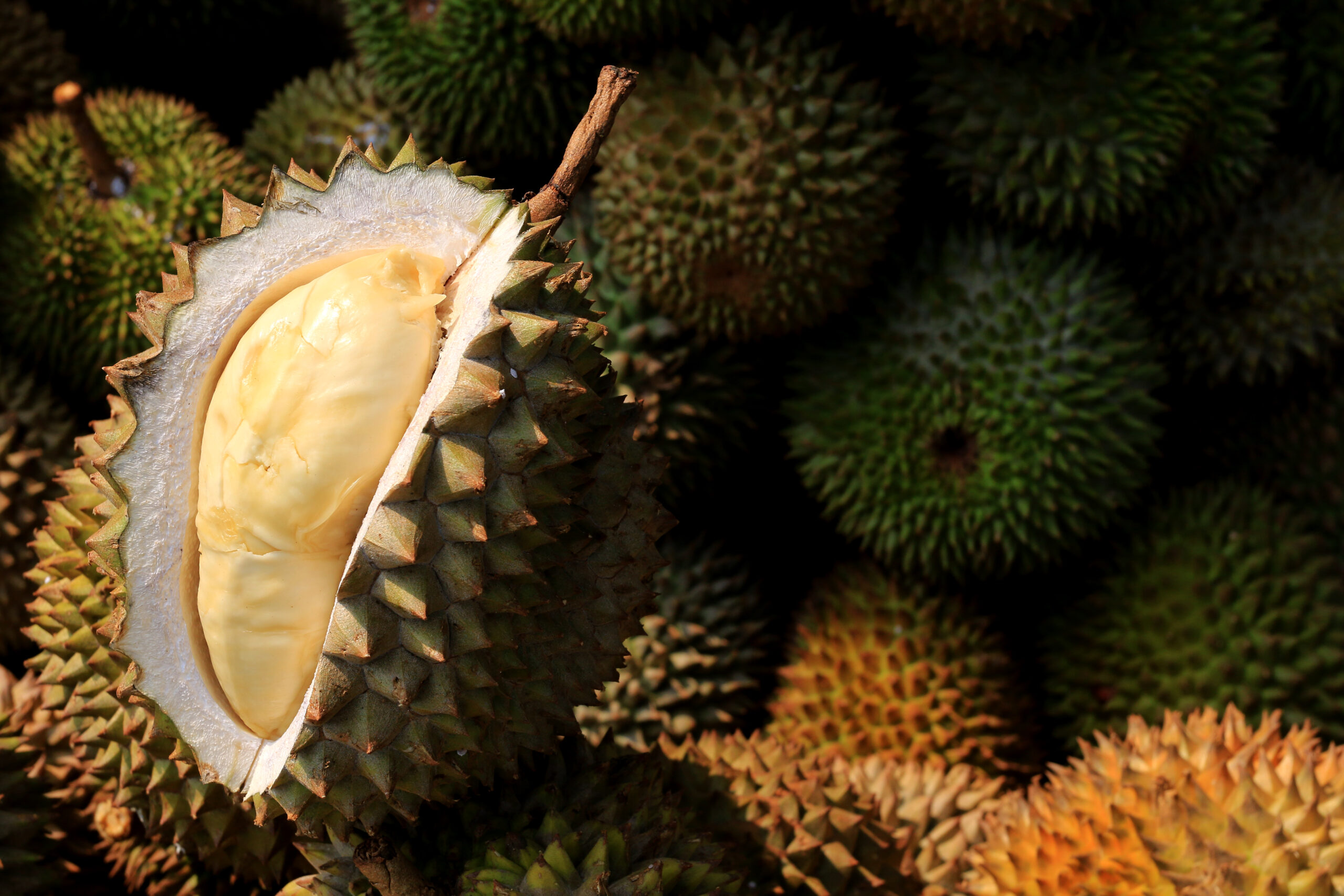This Fruit Is Banned on Trains, Planes, and Public Spaces


The durian, often hailed as the “King of Fruits” in Southeast Asia, is also notorious for one highly controversial characteristic: its incredibly potent and distinctive aroma. It’s so powerful that this beloved fruit gets the boot from many public places.
Aroma is a Total Scent Bomb

Durian’s aroma is legendary—and for many, notoriously pungent. Imagine a mix of old socks, onions, and…well, something truly unique! This smelly fruit blasts potent compounds that can be overwhelmingly offensive, quickly making friends and strangers scatter, which is why “no durian” rules exist.
That Scent Just Never Leaves

Unlike your average banana peel, durian’s aroma is a clingy friend. It loves to embed itself into everything: upholstery, clothes, even air conditioning systems. This means the smell can linger for hours, sometimes days! Airlines and hotels just can’t get rid of it, explaining strict durian-ban policies for cleanliness.
Seriously Turn Stomachs

For the uninitiated, that strong durian smell isn’t just unpleasant; it can trigger real discomfort. Think of headaches, nausea, or even a sudden urge to gag! In tight spots like trains or planes, there’s no escape button. It’s a major vibe killer, making it a genuine concern for public transport rules.
Difficult to Contain Even When Packaged

You might try wrapping it in a dozen plastic bags, but the durian has a superpower: its smell almost always finds a way out! Those powerful, volatile compounds are notorious escape artists. So, even with the best intentions, containing that infamous durian smell for a long journey is nearly impossible.
Risk of Aromatic Contamination is Real

Beyond just the air, durian’s sticky, unique pulp can leave behind residues on seats, luggage, and surfaces. Imagine your clothes smelling like durian for days! This risk of lingering odor and mess is a big no-go for places concerned about hygiene and passenger comfort, fueling public space bans.
Ventilation Just Can’t Handle It

Standard ventilation systems on planes, trains, or hotels are simply no match for the durian’s aromatic onslaught. The smell can intensify as it circulates, making the air unbearable. Investing in special air purifiers just for fruit is out, making durian travel bans practical for operators.
Firm Rule on Most Public Transport

If you’re traveling in Southeast Asia, expect to see “No Durian” signs everywhere! From Singapore’s MRT to many regional airlines, these public transport rules are strictly enforced. It’s less about judging the fruit and more about preventing passenger uproar. Locals know the drill for this unique fruit.
It’s About Being a Good Neighbor

At its core, the ban on durian in public spaces is about common courtesy and ensuring everyone’s comfort. While durian lovers celebrate their King, the intense and pervasive nature of its smell means that allowing it would just spoil the experience for everyone else. It’s a key part of Southeast Asia travel tips.
The Scent-sational Divide

While the durian reigns supreme as the King of Fruits for its dedicated fans, its incredibly potent aroma makes it an unwelcome guest in enclosed public spaces. These bans, from trains to planes, aren’t about disrespecting culture but about ensuring comfort and hygiene for all.
